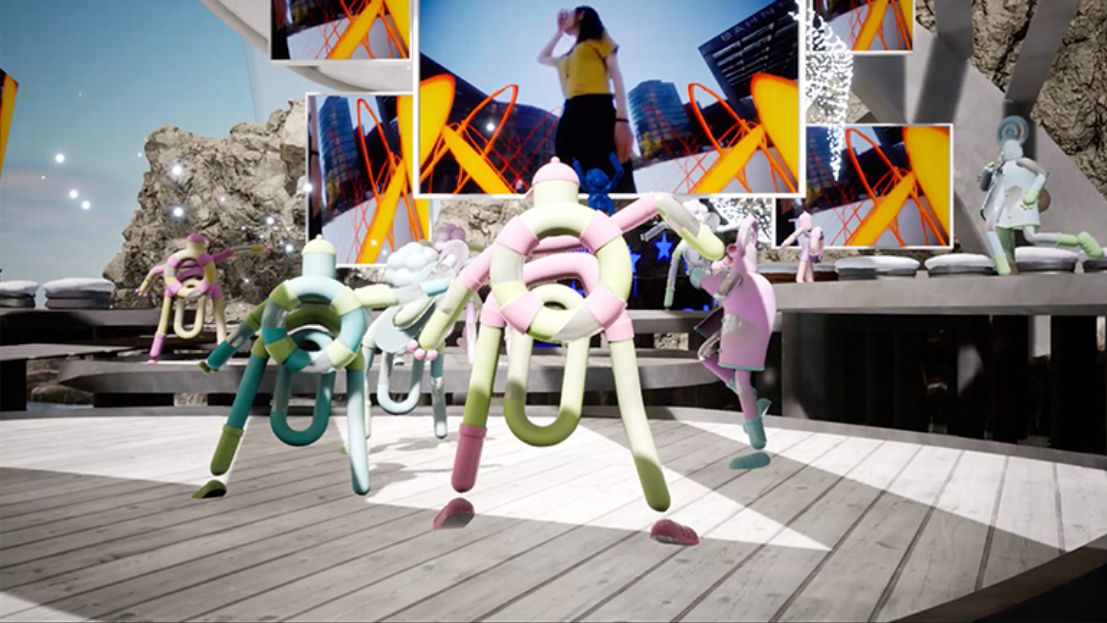The European Union’s decision to host a gala launch party in the metaverse spectacularly backfired, after just six people turned up.
Last week’s event, hosted by the European Commission’s Foreign Aid Department, was organized to raise awareness among young people about its Global Gateway Initiative.
After reportedly spending $400,000 of EU taxpayers' money on its virtual world, there’s bound to be many embarrassed bureaucrats in Brussels given the pitiable turnout. Ahead of the event, an invitation had gone out asking would-be revellers “Are you ready to party?” Clearly the answer was a resounding “No.”
The EU’s virtual world is part of broader plans to build out infrastructure in developing nations, with a hefty $300 billion budget at its disposal. The Global Gateway is targeted at meeting “global challenges that need global action” – namely, climate, health, education, and connectivity.
Devex journalist Vince Chadwick broke the story, tweeting: “I’m here at the “gala” concert in the EU foreign aid dept’s €387k metaverse (designed to attract non politically engaged 18-35 year olds — see story below). After initial bemused chats with the roughly five other humans who showed up, I am alone.”
I’m here at the “gala” concert in the EU foreign aid dept’s €387k metaverse (designed to attract non politically engaged 18-35 year olds — see story below). After initial bemused chats with the roughly five other humans who showed up, I am alone. https://t.co/ChIHeXasQP pic.twitter.com/kZWIVlKmhL
— Vince Chadwick (@vchadw) November 29, 2022
The "party," set on a chaotic-looking tropical island where “the same DJ [is] spinning the same music” according to one bemused attendee, looks like a familiar self-own, with the EU ambitiously attempting to get down with the kids.
Unsurprisingly, replies on Twitter were merciless with many pointing out what a monumental waste of money the venture turned out to be. Chadwick himself explained that the initiative had been touted in October, after which organizers had apparently "tried to backpedal/go dark and hope no one would notice."
When the dust had settled, an EU spokesperson addressed the criticism in comments to The Telegraph: "The metaverse is not meeting our expectations. In its current state, its user interface is not user-friendly and appealing enough. It is still performing better than our static, traditional websites and of course we will learn from the shortcomings."
EU be like. pic.twitter.com/PjllUKjzfQ
— Michiel van Geel (@MFvGeel) December 1, 2022










